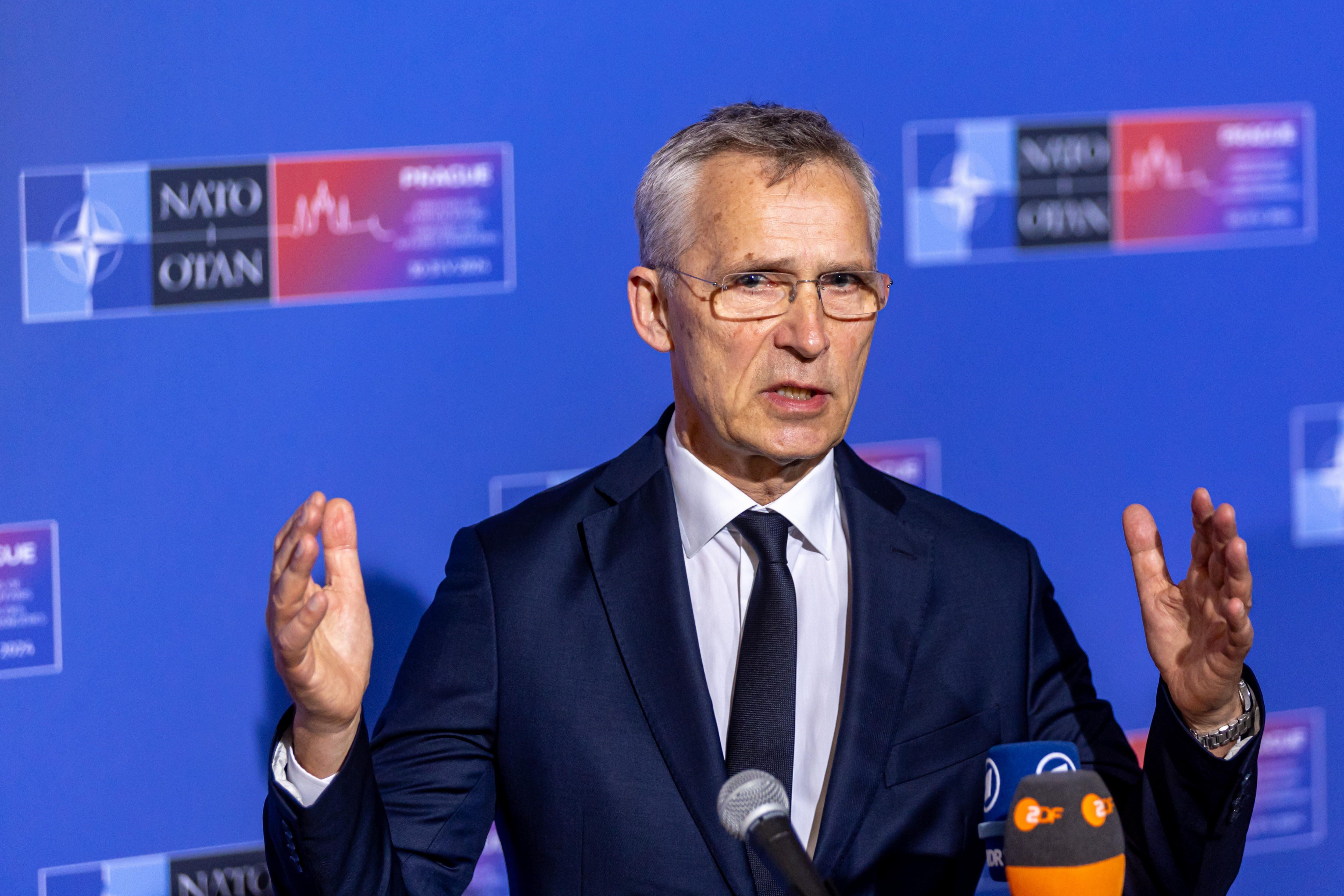
The Government of Olaf Scholz announced this Friday that it has authorized Ukraine to use weapons supplied by Germany against military targets in Russia due to the recent increase in Russian attacks in the border area. kyiv had long been pushing to be allowed to use weapons sent by Western powers over Russian territory to attack facilities directly behind the border. Berlin’s announcement comes just a day after officials from The US Administration reported that President Joe Biden had also given the green light to the use of this ammunition in defense operations, specifically, in the city of Kharkiv, the second largest in the country, where Russian troops have opened a new front and have been pressing for weeks with a strong offensive through bombings and the advance of infantry.
“In recent weeks, Russia has prepared, coordinated and carried out attacks from positions in the Kharkiv area, in particular from the immediately neighboring Russian border region,” German spokesman Steffen Hebestreit explained this Friday in a press release. . “Together we are convinced that Ukraine has the right, under international law, to defend itself against these attacks. “You may also use the weapons supplied for this purpose in accordance with your international legal obligations, including those supplied by us.” However, he did not specify which weapons from Germany could be used for this purpose.
The coalition government led by Olaf Scholz also wanted to make it clear once again that the weapons they supply will be used in accordance with international law. “Together with our closest allies and in close dialogue with the Ukrainian government, we continually adapt our support to the development of the war,” he noted.
German Foreign Minister Annalena Baerbock had already hinted that her country would make this decision. “International law is clear, attacks can be repelled,” said Baerbock in Prague. “When States are attacked, they not only have the right to defend their country but also the duty to protect their population,” she added. France, the United Kingdom and Poland already allow Ukraine to attack military targets in Russia and logistical lines with the material they supply.
Following the Government statement, German Defense Minister Boris Pistorius described the decision as a “strategic adaptation to the changing situation.” “It is what we have always done since the beginning of the war that Putin is waging against Ukraine. We have adapted to the situation and have adjusted our strategy accordingly,” declared the Social Democratic politician in a meeting with his Moldovan counterpart, Anatolie Nosatii, in the country’s capital, Chisinau. However, Pistorius denied that this decision will reopen the debate on a possible delivery of long-range Taurus missiles to Ukraine.
The president of the German Parliament’s Defense Committee, Marie-Agnes Strack-Zimmermann, has also defended the decision. “It is logical and an important signal in view of current Russian objectives,” explained the liberal policy. “Ukraine should not only be able to defend itself against Russian missiles on its own territory, but it should also be able to prevent them from being launched from Russian territory, even with weapons supplied by us,” she said.
Join EL PAÍS to follow all the news and read without limits.
For his part, NATO Secretary General Jens Stoltenberg has insisted that Ukraine has the right to attack military targets on Russian territory to defend itself. ”Many allies have made clear that they accept Ukraine using the weapons it has received to defend itself, including attacking military targets inside Russia; especially when those military facilities are used to attack and direct attacks from Russian soil. We all hope that this will be done in accordance with international law and in a responsible manner,” Stoltenberg said in Prague, the capital of the Czech Republic, before the meeting of foreign ministers of the Atlantic Alliance where Ukraine will be discussed mainly.
The decision of the allies, although it is limited and subscribes only to the area from where attacks on Kharkiv are launched, is an important leap in the policy that NATO’s largest ally maintains for Ukraine, and may encourage others, still reluctant. or unclear, to do the same.
The French president, Emmanuel Macron, already showed himself this week, precisely in his meeting with Scholz in Germany, open to the use of weapons in certain parts of Russia. “We believe that we should allow them to reach the military sites from which the missiles are fired,” Macron declared. “But, of course, we will in no way allow other places or other civilian sites – certainly not civilians – in Russia to be attacked,” said the French head of state.
Other allies, such as Italy, have spoken out against it. However, it is not clear whether the type of material that Italy supplies would actually be effective for such attacks. The Spanish Foreign Minister, José Manuel Albares, stressed this Friday that the use of Spanish material – mostly defensive – against the Kremlin troops in Russia is not on the table because kyiv has not requested it. “This request has not been made, therefore the material we are delivering is so that Ukraine can defend itself and its territory,” he said in the Czech capital.
Ukraine and its allies prepare for a long war and kyiv, with the failure of last year’s counteroffensive, has lost the initiative that is now maintained by Russia, which has also prepared its economy for war. Hence, NATO is preparing to consolidate medium and long-term economic, political, diplomatic and military support measures for Ukraine. Formulas that will be formalized at the Washington summit in July — where the Alliance will not issue a formal invitation to kyiv to enter the organization, but will indicate that its path to it is “irreversible”— and who are looking for support that is proof of challenges such as the possible return to the US presidency of Donald Trump.
Follow all the international information onFacebook yXorour weekly newsletter.
Subscribe to continue reading
Read without limits
_










